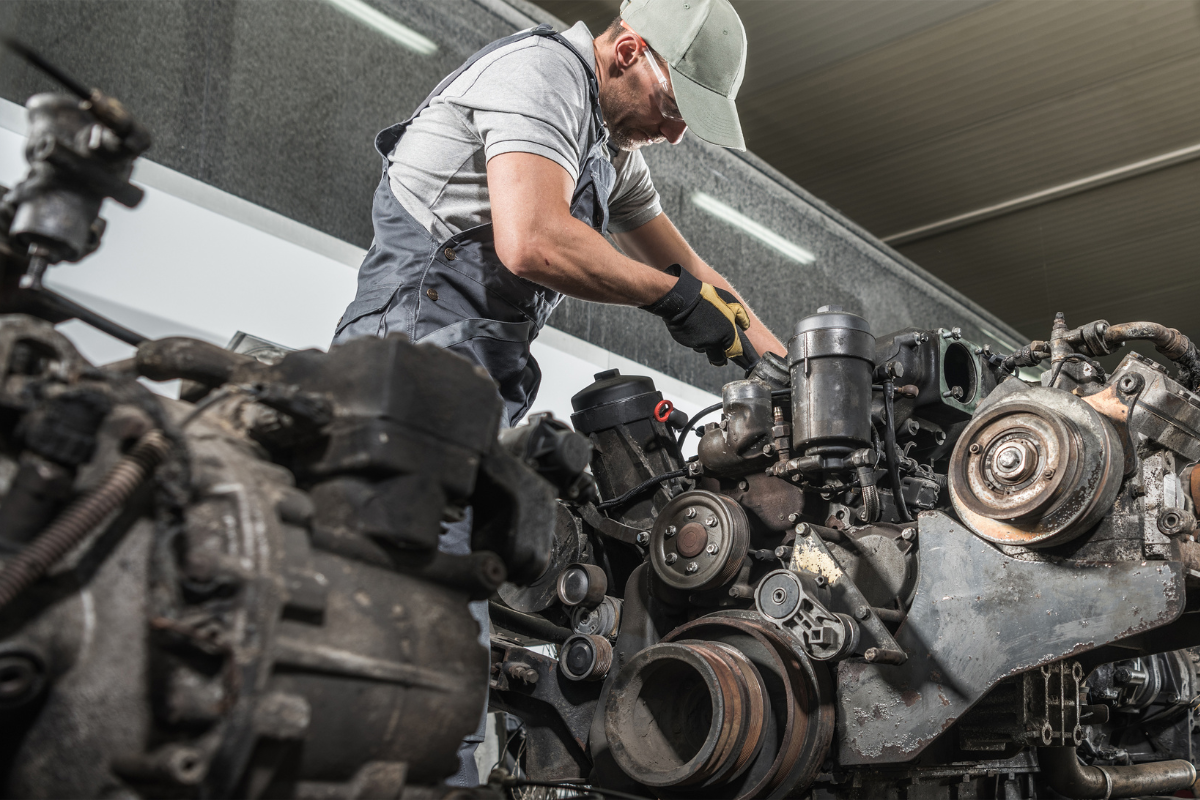

HVAC Contractor services are at the core of maintaining efficient and reliable building systems, ensuring comfort, safety, and long-term operational stability.
The modern built environment relies heavily on heating, ventilation, and air conditioning systems. These systems go far beyond comfort; they regulate indoor air quality, energy consumption, and environmental sustainability. An HVAC contractor plays a pivotal role by designing, installing, and maintaining systems that align with both technical performance requirements and regulatory compliance standards.
The responsibilities of a professional HVAC contractor extend across multiple stages of a building’s lifecycle. These include:
One of the most critical roles of an HVAC contractor is guiding energy efficiency improvements. With buildings accounting for a significant percentage of energy use globally, contractors integrate technologies such as high-efficiency furnaces, heat pumps, and advanced ventilation systems to lower environmental impact.
In fact, according to the U.S. Department of Energy, HVAC systems represent nearly 40% of energy use in commercial buildings. By ensuring proper sizing, insulation, and smart controls, contractors directly influence both sustainability and cost-effectiveness.
Research into HVAC performance consistently highlights the gap between theoretical system efficiency and real-world outcomes. This gap is often attributed to improper installation or maintenance practices. A skilled contractor bridges this divide, translating design specifications into functional systems that meet or exceed performance benchmarks.
Scholarly studies emphasize that technician training and field expertise are as important as system design itself. Contractors with a strong track record and industry knowledge can drastically improve indoor air quality, reduce energy waste, and enhance occupant comfort.
The field of HVAC is evolving rapidly, with innovations that demand a higher level of contractor expertise. Key advancements include:
These trends reinforce the importance of contractors who stay informed through continuous training and industry research.
Organizations like PlumbPro – Plumbing and HVAC exemplify how contractor expertise delivers real-world results. By combining plumbing and HVAC services, they provide holistic building system solutions. Their work highlights the importance of integrated approaches—addressing everything from water efficiency to indoor climate control in a coordinated manner.
While the demand for HVAC contractors is growing, the field faces challenges that require careful research and adaptation:
Addressing these challenges calls for industry collaboration, research-driven practices, and ongoing professional development.
The future of HVAC contracting lies at the intersection of research, technology, and sustainability. As urbanization continues and climate goals become more ambitious, contractors will be central in designing and maintaining systems that balance human comfort with environmental responsibility.
In the coming years, contractors who embrace digital tools, data-driven decision-making, and green technologies will lead the way in shaping efficient, healthy, and resilient buildings.
A professional HVAC contractor is more than a service provider—they are a critical partner in advancing energy efficiency, indoor air quality, and sustainability. With innovations emerging and regulations evolving, the expertise of contractors ensures that building systems deliver not only comfort but also measurable environmental and financial benefits.







